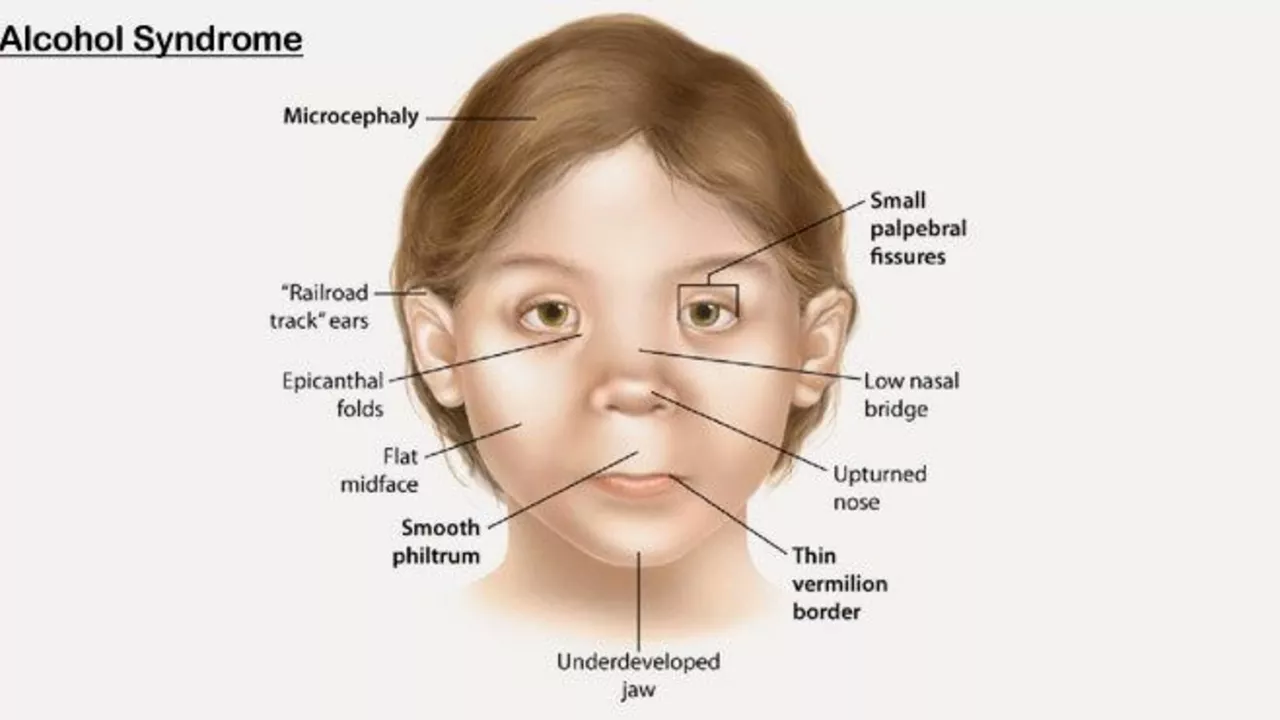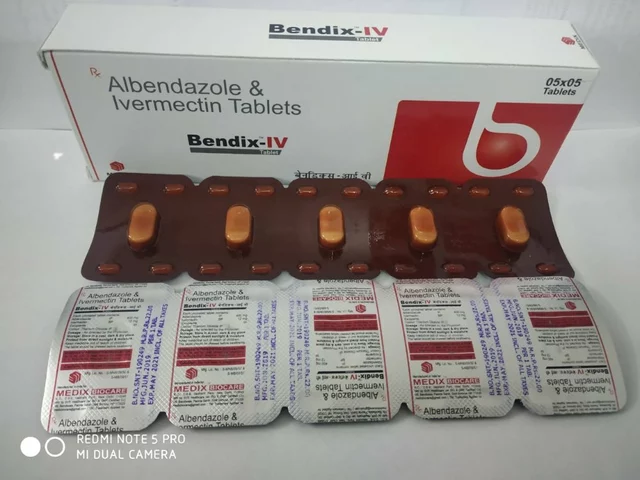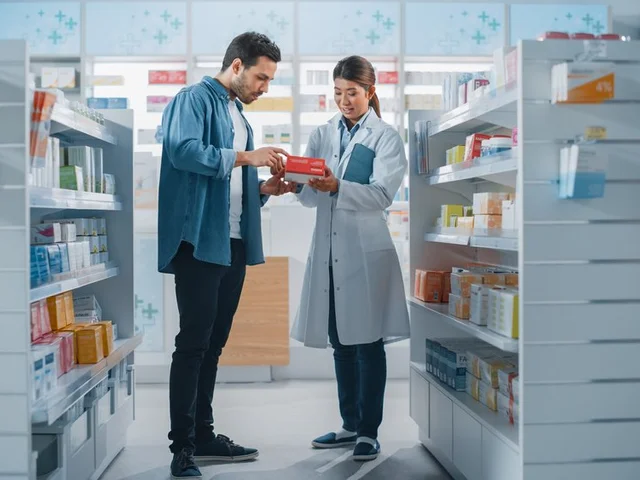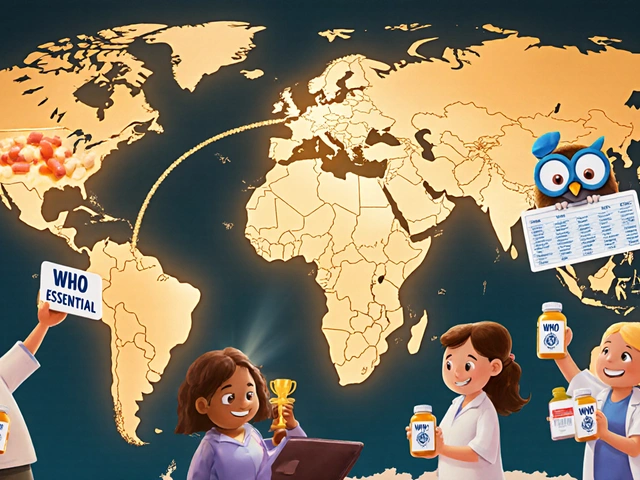Mental Health: Clear, Practical Advice You Can Use
About 1 in 5 adults face a mental health challenge each year. That number makes it normal to ask for help—but where do you start? This tag collects easy-to-read guides on symptoms, therapy options, medication safety, and online resources so you don’t have to wade through medical jargon.
Quick signs and what to do next
Feeling down, losing interest in things you used to enjoy, trouble sleeping, or constant worry are common signs that something’s off. If these problems last more than two weeks or stop you from working or connecting with people, consider talking with a professional. Can’t see someone right away? Try a telehealth visit or a trusted online screening tool to get immediate direction.
If you ever feel like you might hurt yourself or someone else, call your local emergency number or a crisis hotline right now. If you’re not in crisis but worried, ask a friend or family member to sit with you while you contact a provider.
Medication, therapy, and getting care without the headache
Medications can help, and so can therapy. Cognitive Behavioral Therapy (CBT) and brief counseling often work well for anxiety and depression. If medication is recommended, pick providers who explain options, side effects, and follow-up clearly. Don’t accept quick prescriptions without a plan to monitor how you’re doing.
Worried about cost or access? We have articles that walk through prescription savings, telehealth alternatives, and how to find reputable online pharmacies. For example, look for pieces about prescription pricing transparency and GoodRx alternatives to compare costs, and read our tips on safe online medicine purchases so you avoid shady sellers. Always choose pharmacies that require a valid prescription and show clear contact info.
Privacy matters. When using online services, check their privacy policy and avoid sites that ask for unnecessary personal data. Use two-factor authentication for accounts and never share photos of your prescriptions unless the platform is verified.
Not every article here is about talk therapy or pills. You’ll also find practical guides on sleep, stress management, and how social support affects recovery—like why friends and family can speed healing after a heart event or during chronic illness. Small, daily habits—regular sleep, short walks, and setting tiny goals—often lift mood faster than you expect.
Want specific reads? Check our posts on telehealth options for men’s health, pricing and pharmacy alternatives, and guides that explain when medicines are needed versus when lifestyle changes can help. Use the tag filters to find articles that match your situation: symptom help, medication safety, cost-saving tips, or family support resources.
If you have questions about a particular treatment or article, drop a comment or contact a professional listed in the resource. This tag is meant to help you move forward—one clear step at a time.

Exploring Alternatives to Trazodone: Top Picks for Better Mental Health
Finding the right medication for mental health can be tricky, especially when Trazodone might not suit everyone's needs. This guide breaks down six potential alternatives to Trazodone, offering diverse options for those seeking help with depression, anxiety, or insomnia. Each alternative's unique qualities, benefits, and drawbacks are explored, helping readers make informed decisions alongside their healthcare providers.

The Connection Between Alcohol Dependence Syndrome and Eating Disorders
In my recent deep dive into health issues, I've uncovered some startling information about the link between Alcohol Dependence Syndrome and Eating Disorders. It's unsettling to know that those struggling with alcohol addiction often also wrestle with abnormal eating behaviors. The dual diagnosis is a vicious cycle, with each disorder feeding the other, making recovery even more challenging. Additionally, it's crucial to understand that both disorders can trigger serious physical and mental health complications. Awareness and understanding of this connection are key for effective treatment and recovery.
Categories
- Medications (70)
- Health and Medicine (61)
- Health and Wellness (36)
- Online Pharmacy Guides (16)
- Nutrition and Supplements (9)
- Parenting and Family (3)
- Environment and Conservation (2)
- healthcare (2)
- prescription savings (1)
Popular Articles



